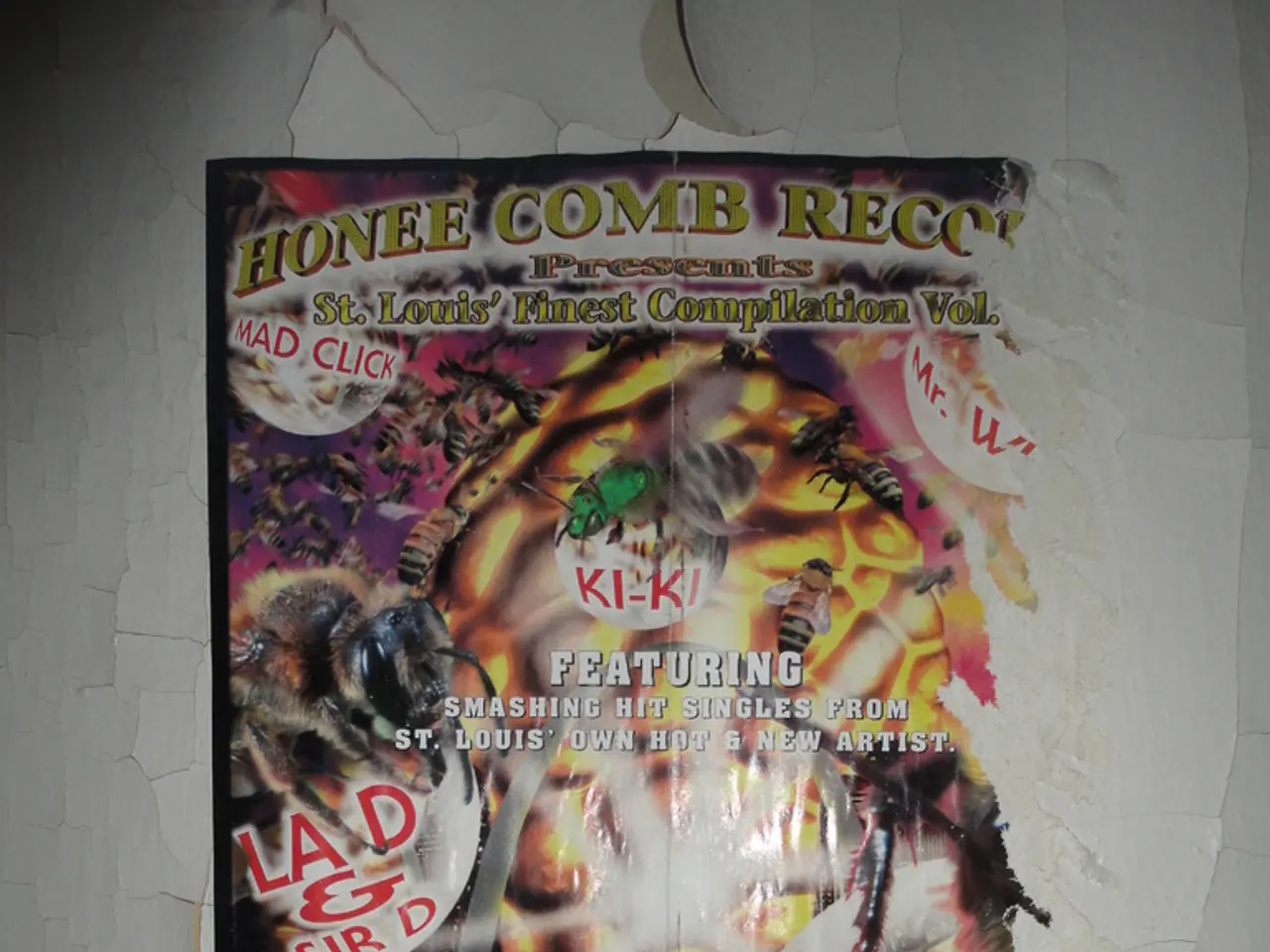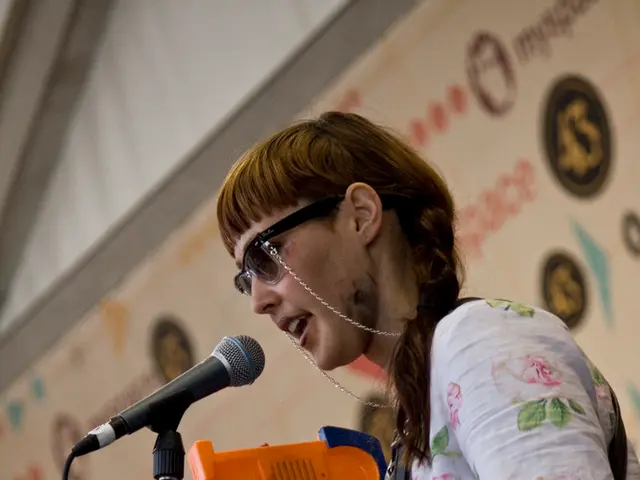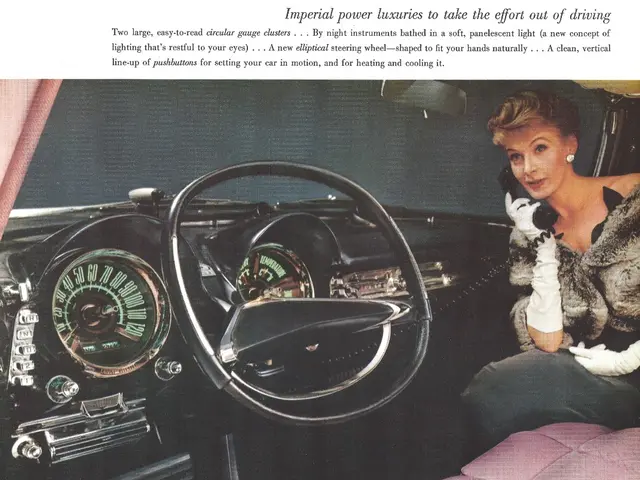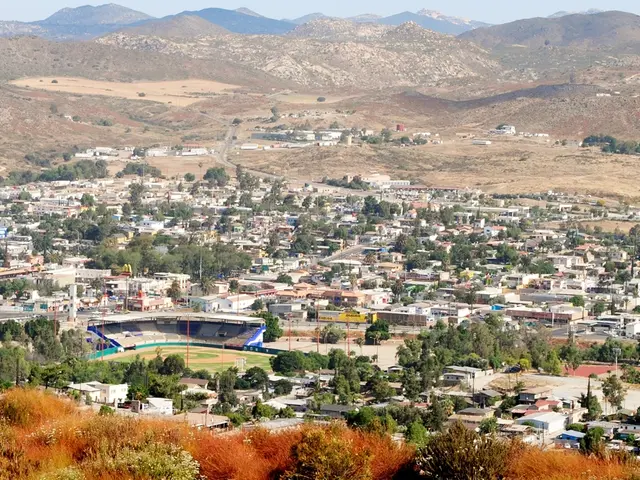Unity within India's governing coalition starts to crack as internal squabbling intensifies, leading to the ascent of the BJP.
The I.N.D.I.A. bloc, a coalition of eight regional parties in India, has found itself in a challenging position following the recent election results. The bloc, formed to counter the Bharatiya Janata Party (BJP), currently governs eight states: Karnataka, Jammu and Kashmir, Telangana, Kerala, Tamil Nadu, Himachal Pradesh, Jharkhand, and West Bengal.
However, the future of the I.N.D.I.A. bloc remains uncertain due to ongoing disagreements between its constituents. The Congress, a major player in the coalition, has been at odds with the Aam Aadmi Party (AAP) following a high-decibel campaign against the latter in the Delhi polls. This has led to bad blood between the two parties, causing a rift within the bloc.
The Congress general secretary, Jairam Ramesh, has criticised AAP leader Arvind Kejriwal's politics of deceit and exaggerated claims of achievement. Meanwhile, the AAP has accused the Congress of trying to create chaos in India, a claim that the Congress denies.
The IUML veteran, P K Kunhalikutty, stated that the BJP's victory would not have happened if the I.N.D.I.A. bloc had stood united. His sentiments were echoed by other parties in the bloc, including the CPI(M) and the Indian Union Muslim League (IUML), who blamed the Congress for paving the way for the BJP's good show in the Delhi polls.
Jammu and Kashmir Chief Minister Omar Abdullah voiced his disappointment with the opposition parties over the Delhi assembly polls, saying "Aur lado aapas mein!!! (Keep on fighting each other)" on social media.
The distance between the Congress and smaller constituents of the I.N.D.I.A. bloc is growing, as seen in the Haryana polls and the Delhi elections. This has raised questions about the bloc's ability to challenge the BJP's dominance in upcoming elections, such as those in West Bengal and Uttar Pradesh.
The I.N.D.I.A. bloc parties had initially intended for the alliance to be for national polls, later transitioning to a state-by-state basis. However, the internal disagreements have made it difficult for the bloc to function effectively.
The I.N.D.I.A. bloc chief justice affirmed respect for all religions after facing online backlash. Meanwhile, Union minister Meghwal announced that GST 2.0 is intended to make life easier for businesses and households.
In a statement, the Congress maintained that the BJP's victory is not a vindication of Prime Minister Narendra Modi's policies but a rejection of Kejriwal's politics. The party urged all parties in the I.N.D.I.A. bloc to discuss the poll outcome and take immediate steps to prevent similar results in the future.
The Supreme Court of India has ordered states and UTs to notify rules to register Sikh weddings. This decision is expected to bring more transparency and ease to the wedding registration process for the Sikh community.
As the I.N.D.I.A. bloc grapples with internal disagreements, the BJP has accused the Congress of trying to create chaos in India, similar to Nepal and Lanka. The Congress denies these allegations and insists that they are focused on building a cohesive and effective opposition to the BJP.
The I.N.D.I.A. bloc needs to set aside personal differences and ambitions to show cohesiveness and understanding to bounce back. Only then can they hope to challenge the BJP's dominance in future elections.
Read also:
- United States tariffs pose a threat to India, necessitating the recruitment of adept negotiators or strategists, similar to those who had influenced Trump's decisions.
- Weekly happenings in the German Federal Parliament (Bundestag)
- Southwest region's most popular posts, accompanied by an inquiry:
- Discussion between Putin and Trump in Alaska could potentially overshadow Ukraine's concerns








